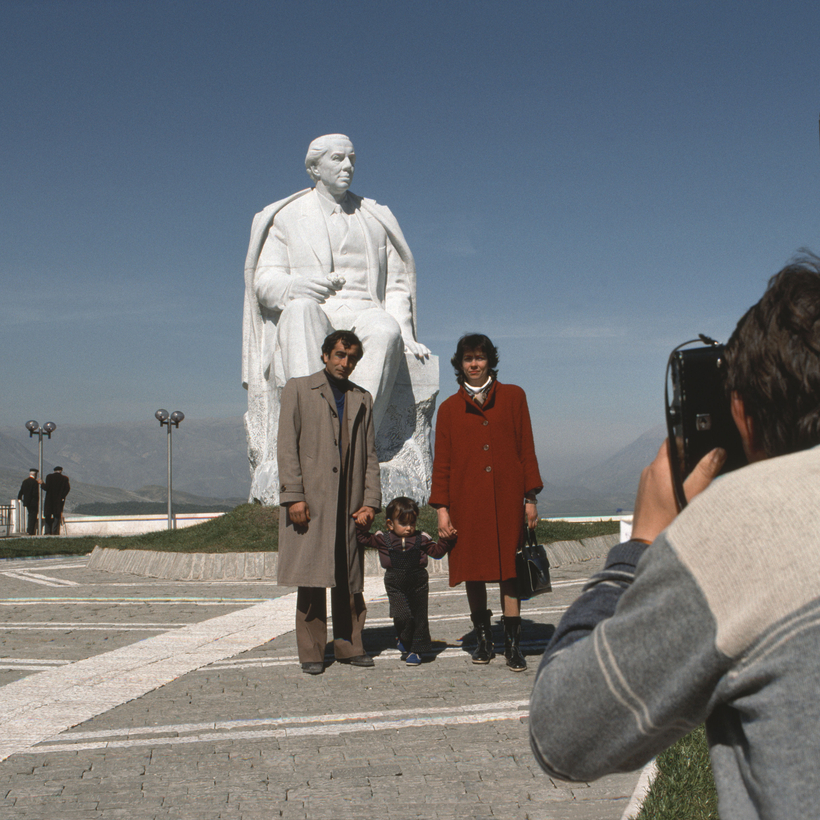In Communist Albania in the 1980s, certain objects carried extraordinary weight. Take a Coca-Cola can. These were so rare that people would buy used, empty cans to repurpose as prized ornaments for their mantelpieces. Or American sweet wrappers — they were particularly prized by school bullies, because if you found one fresh enough, you could still just about smell its previous occupant; a Hubba Bubba, perhaps, or a Juicy Fruit. A stone might take your place in the bread queue while you waited in the milk queue, but if you didn’t make it back in time it would be thrown away, suddenly shorn of its function.
These are just a few of the objects brought to life in Free, Lea Ypi’s astonishing and deeply resonant memoir about growing up in the last days of the last Stalinist outpost of the 20th century. What makes this Baillie Gifford-shortlisted memoir so unforgettable is that we see this world, one about which we know so little, through the eyes of a child.

